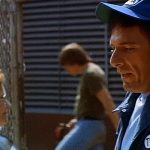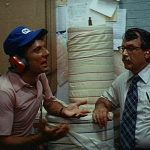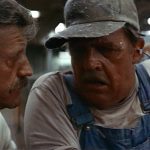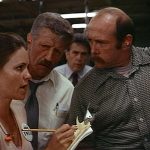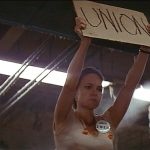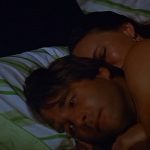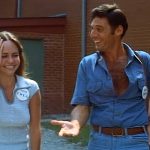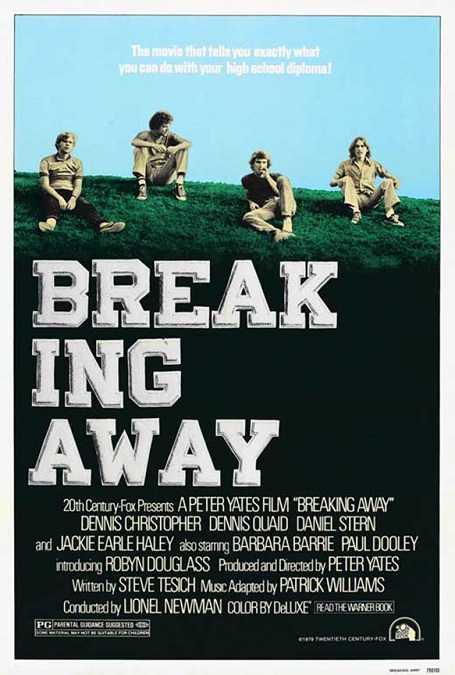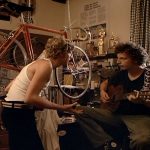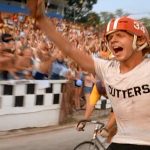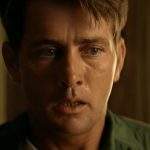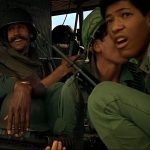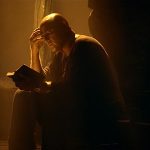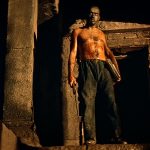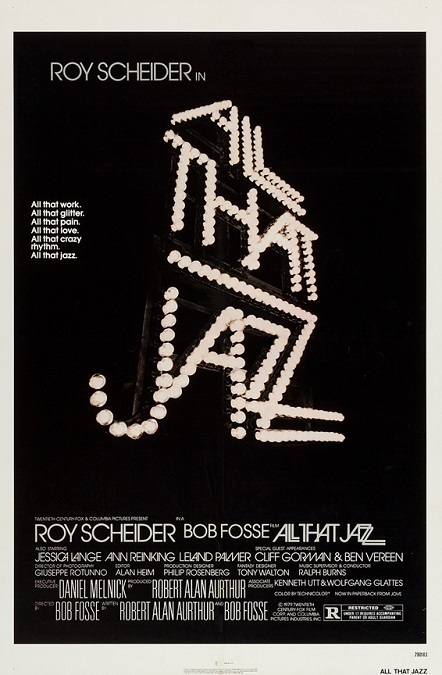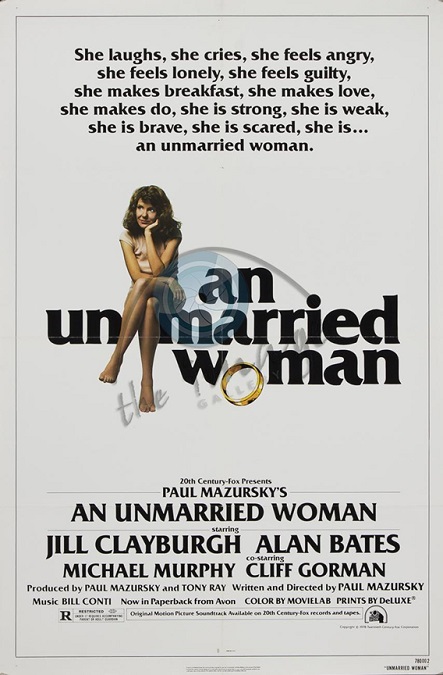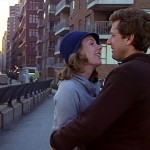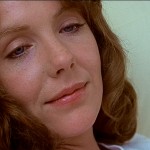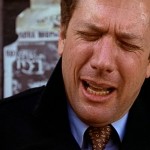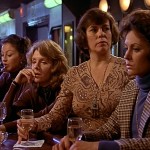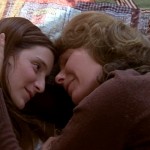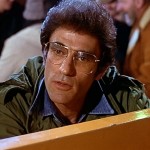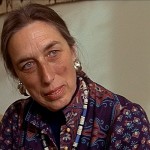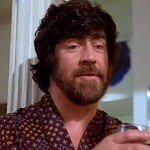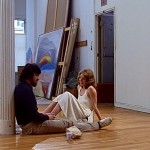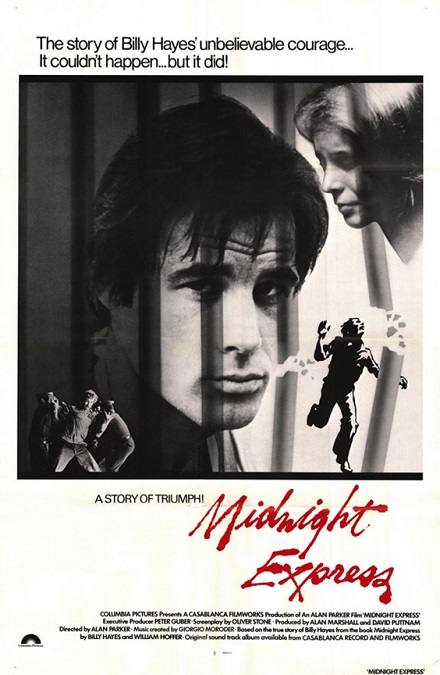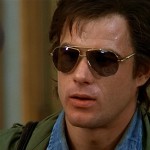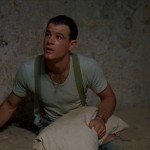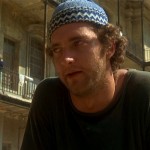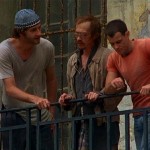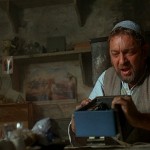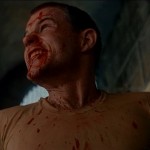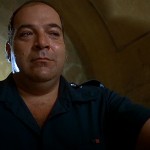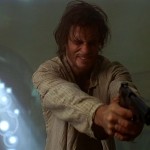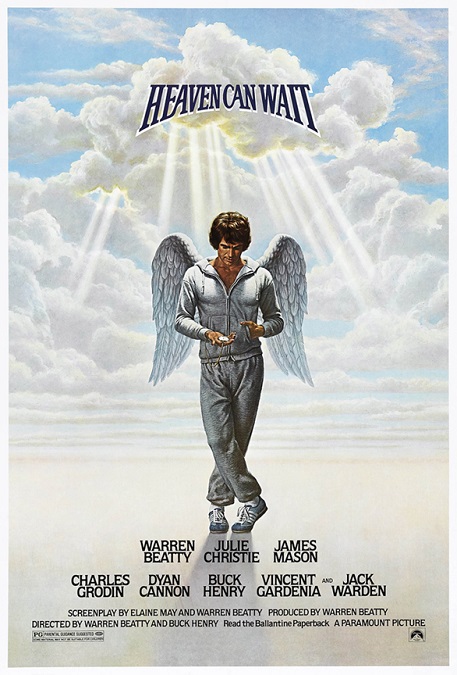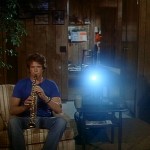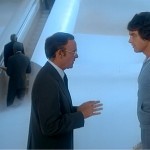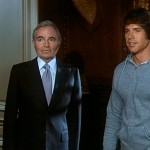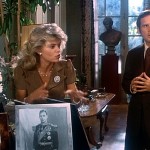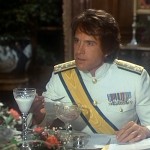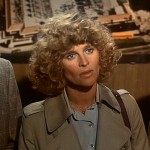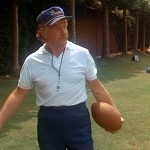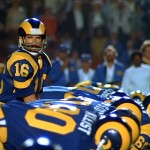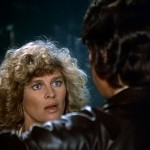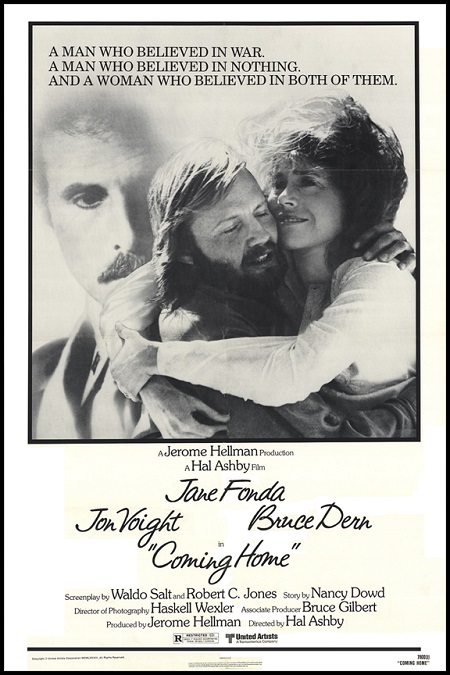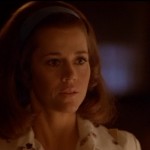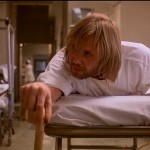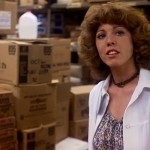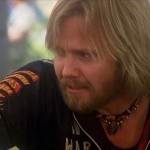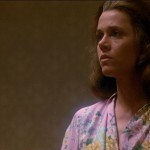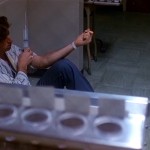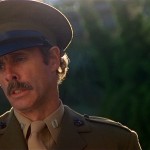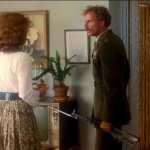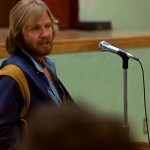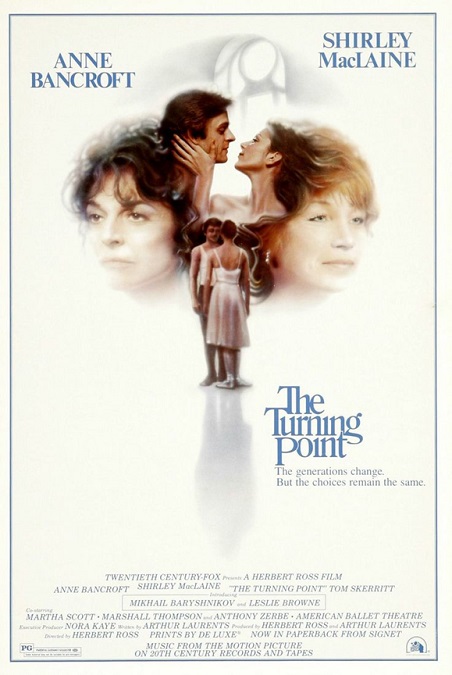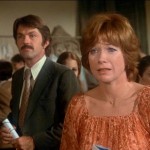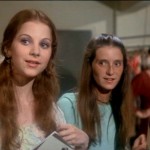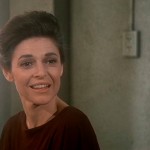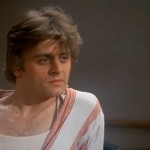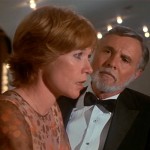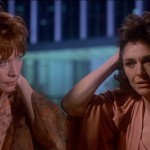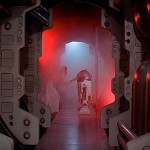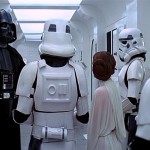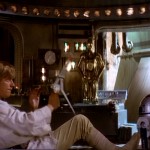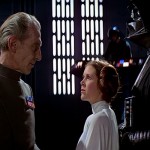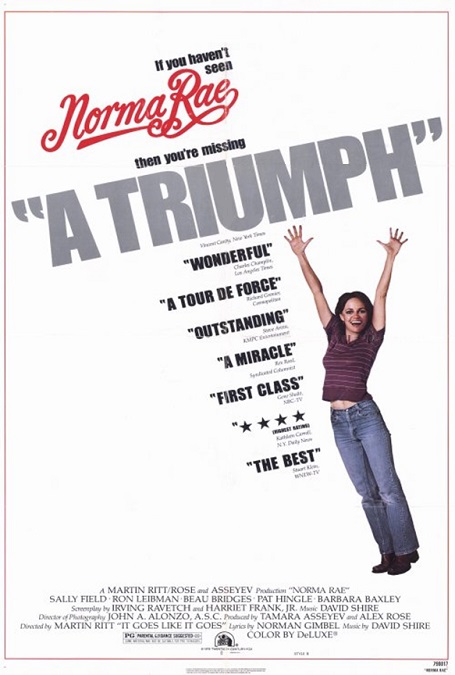
Norma Rae – 1979
Norma Rae is the movie that elevated Sally Field from the Flying Nun and Gidget to super-stardom. The film won 2 of the 4 Academy Award nominations it was given, Sally taking home the Oscar for Best Actress for her performance in the title role. And I must say that she really deserved it. She really pulled out all the stops and gave us some spectacular acting.
It is a drama about a woman working in a cotton mill who gets involved with organizing a labor union. She puts everything she has on the line to fight for a better work environment: her marriage, her job, and even her freedom. The film’s producers, Tamara Asseyev and Alex Rose, called the movie a political drama because it dealt with a very topical issue, though I don’t know if labor unions could be categorized as political.
Norma Rae is a young woman who is certainly no saint. She has a habit of sleeping around, and is the single mother to her two children, both of whom have different fathers. As the film begins, she is also casually having an affair with a married man.
But she is a hard worker at the mill, though like every other employee, she turns a blind eye to the injustices perpetrated by her bosses. The working conditions at the mill are hard, unsanitary, and unsafe, and the pay is substandard. But it is all she knows, and so she, along with her father, Vernon, played by Pat Hingle, and her mother, Leona, played by Barbara Baxley, is resigned to living the rest of her life without the hope of anything better.
But all that changes when a man named Ruben Warshowsky, played by Ron Leibman, arrives, handing out flyers that encourage the formation of a worker’s union. Nobody wants to listen because they are afraid of losing their jobs. She and nearly everyone else continues to ignore the unsafe work environment and simply go along with the way things have always been.
But then, slowly at first, she begins to listen to Ruben and she becomes more and more interested in what he has to say. Along the way, she meets Sonny Webster, played by Beau Bridges, and falls in love. The two marry and move in together. But everything changes when her father dies because of the unsafe working conditions at the mill. It is like a fire under her butt, causing her to risk everything to stand up for her rights.
It was an important issue, one which had never been so effectively addressed in film before. It examined the difficulties of forming a union from several different angles. We’ve all seen that famous scene where Norma Rae is standing on a table holding up a sign that says “UNION,” until all the rest of the workers at the mill turned off their machines and refused to work. But it is important to know what happened directly before that scene and directly after it.
Before she got on the table, she was being fired for writing down an illegal policy that had been posted on the bulletin board. She was being pressured to stop what she was doing and get back to work by at least 4 members of the management staff that had posted the memo. After the table scene, the Sheriff came to force her to leave the premises. She asked for a statement in writing saying that she would be taken to her home and was refused. Once outside the mill, the Sheriff’s men grabbed her and violently forced her into a squad car. She was arrested and taken to jail, charged with disturbing the peace.
It was a powerful story that was very believably told. Field really carried the film and did a fantastic job, though the rest of the cast was good as well. Bridges, in particular did a good job, as did Hingle. The film made the point that Unions are important in protecting the rights and safety of employees in a way that cannot be ignored. It made the point that there are laws that say that employers don’t have the right to overwork and underpay their employees. They don’t have the right to ignore safety issues or treat employees without dignity or respect. Norma Rae was a brave film that shed light on a real social issue that deserved to be examined.

